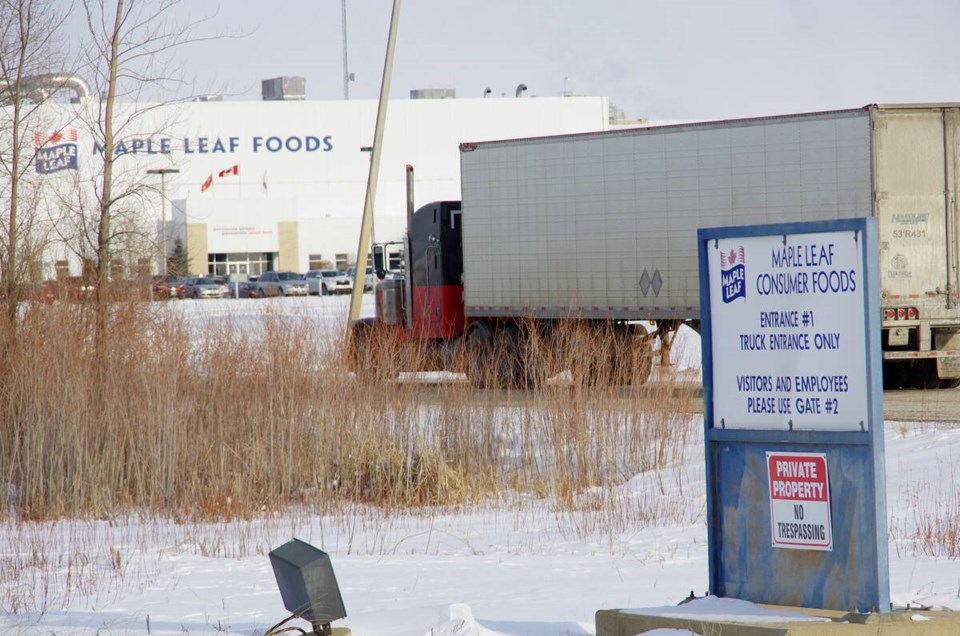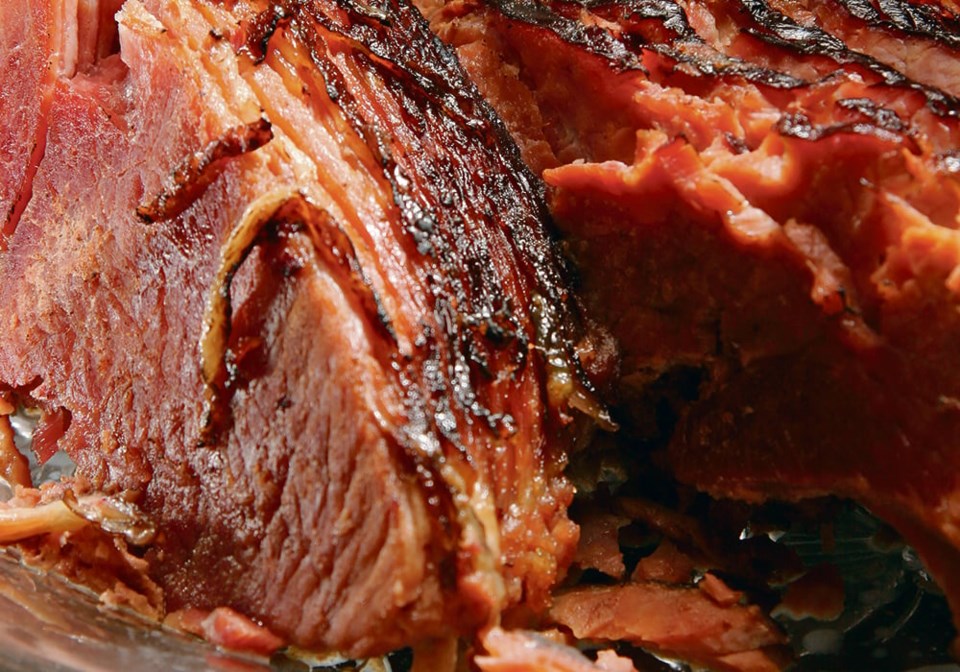MANITOBA CO-OPERATOR — Manitoba’s pork export business has changed, according to a new provincial trade report released earlier this year.
The report looked to sum up the province’s current pork trade landscape and identify alternate markets the province could be selling into. It was one of several such commodity specific reports the province released this year.
Manitoba’s total pork exports reached $1.7 billion in 2024, according to the report.
Pork was also one of the province’s top-three exports in 2023, a year where total ag exports hit a whopping $9.39 billion, growing over six per cent from the year before. At the time, almost all of the $111-million annual jump in Manitoba’s meat exports were driven by pork.
Over the last five years, the province has sold over $7.5 billion worth of pork and pork products abroad, Manitoba Agriculture reported.
”Manitoba leads Canada in hog production with 8.6 million hogs and pigs sold in 2024, accounting for 29 per cent of the total Canadian production. The industry is supported by extensive infrastructure, including 595 hog farms and two major processing facilities,” report authors said.
China falls
China’s slipping footprint in the province’s pork trade emerged as one takeaway from the report. Once Manitoba’s second-largest buyer, it has now slipped to fifth place as of 2024. Pork exports from Canada to China dropped from $381.4 million in 2020 to $152.5 million in 2024. That put the compound annual growth rate at -20.48 per cent, the biggest drop of any market.
China’s 25 per cent tariffs against Canadian pork, announced in March 2025, are unlikely to improve that ranking.
According to the report, China accounted for nine per cent of the province’s pork export value in 2024.
”This downward trend is primarily attributed to a decrease in frozen pork exports, which compromised 84 per cent of Manitoba pork shipments to China,” the province noted.
As far as offal was concerned though, China was still a key buyer, and that market had remained fairly steady.
South Korea and Mexico step up
While Chinese trade has been on the wane, Manitoba found success in other markets, the province reported.
Exports to South Korea nearly quadrupled over five years, climbing from $54 million to $203 million in 2024. Mexico showed similar growth, rising from $67 million to $199 million.
“At the top of the list is the quality of the product that we sell,” said Cam Dahl, general manager of the Manitoba Pork Council, about the increases.
Japan remains the leader
Manitoba’s largest pork customer, meanwhile, has remained unchanged and, in fact, increased Manitoba’s market foothold in 2024 compared to the prior years.
Japan took in $656.5 million work of Manitoban pork last year. That’s lower than than their $673.5 million in 2020, but significantly up from the last two years, when values dove under $500 million.

HyLife Foods is one Manitoba pork company that has made significant note of its Asian trade, including offices in China, Japan, South Korea and other countries on that continent. | Photo by Robert Arnason
Fresh pork dominates exports
Fresh pork has become the dominant product, reaching nearly $1 billion in exports last year, while frozen pork sales fell. Specialty items like prepared shoulders and pork livers also saw growth, though in smaller volumes. Salted pork, however, declined sharply.
Some of the lost Chinese demand may be difficult to replace. Products like offal have limited alternative markets. Still, the province noted opportunities exist. Countries such as the Philippines, Vietnam and Mexico are increasing imports of these products, while possible offal markets Japan, South Korea and Taiwan already buy Manitoba pork in significant quantities.
U.S. remains key
The U.S. also remains critical. As well as maintaining a place as Manitoba’s second-largest pork customer (a space it has held since China slipped from the spot in 2021), it is far and away the province’s top location for live animal exports.
The vast majority, 98 per cent, of Manitoba’s $233-million worth of live pig exports shipped south of the border.

A truck enters the Maple Leaf Foods pork processing plant in Brandon, Man. The food giant has based significant pork presence in the province. | Photo by Alexis Stockford
However, Dahl cautioned against viewing that as dependence.
The North American swine and hog market is significantly integrated continentally.
The U.S. “is a market that is of course, high valued, and it’s here and it’s accessible, but we do have to acknowledge that there are political realities,” Dahl said.
The industry’s biggest challenge is political, not market-based, Dahl added. The Chinese tariffs were driven by political events, he argued.
China introduced the March tariffs as retaliatory measures against Canadian tariffs on Chinese products.
“They weren’t driven by market events,” Dahl said, adding that it is his view that keeping markets open should be the top agricultural priority for governments.
About the author
Reporter
Miranda Leybourne is a Glacier FarmMedia reporter based in Neepawa, Manitoba with eight years of journalism experience, specializing in agricultural reporting. Born in northern Ontario and raised in northern Manitoba, she brings a deep, personal understanding of rural life to her storytelling.
A graduate of Assiniboine College’s media production program, Miranda began her journalism career in 2007 as the agriculture reporter at 730 CKDM in Dauphin. After taking time off to raise her two children, she returned to the newsroom once they were in full-time elementary school. From June 2022 to May 2024, she covered the ag sector for the Brandon Sun before joining Glacier FarmMedia. Miranda has a strong interest in organic and regenerative agriculture and is passionate about reporting on sustainable farming practices. You can reach Miranda at [email protected].
Related Coverage
Agriculture ministers hear request for regulatory change, more infrastructure development
Plant-based cheese, but more like cheese
Canola recovery from Chinese tariffs may take years
Mixed results on new African swine fever vaccine



